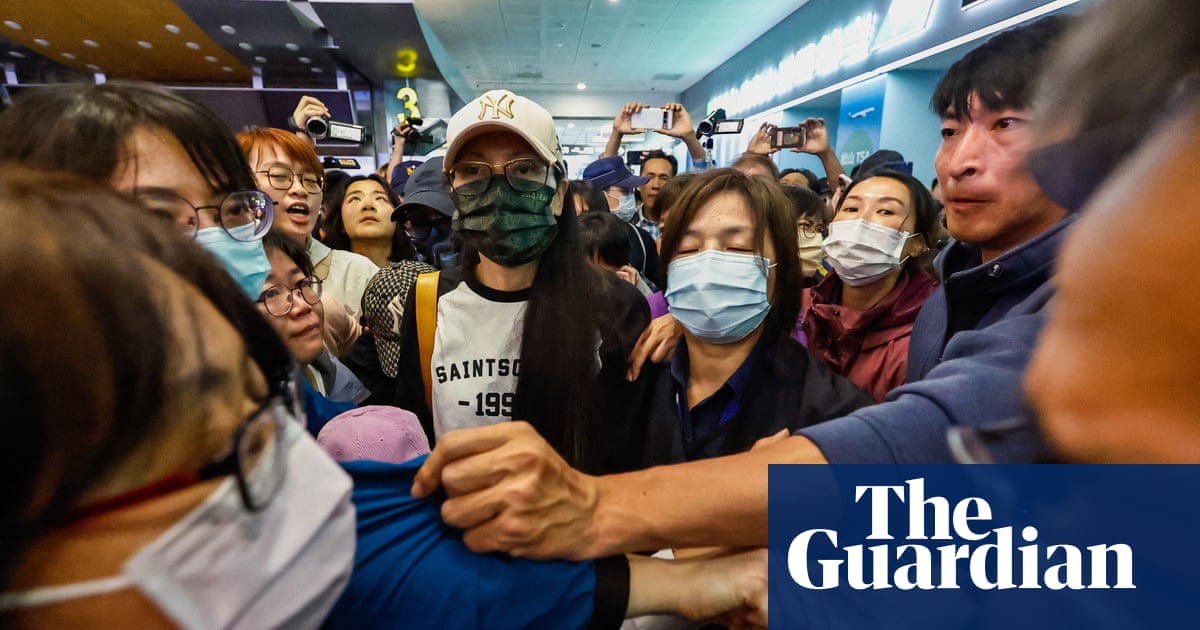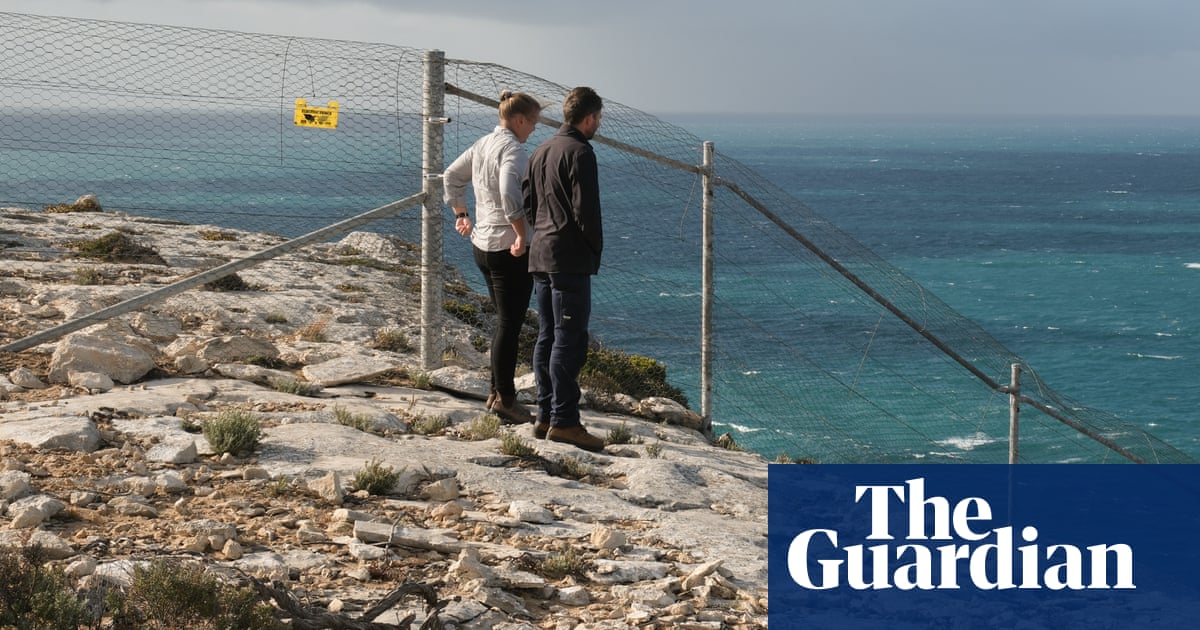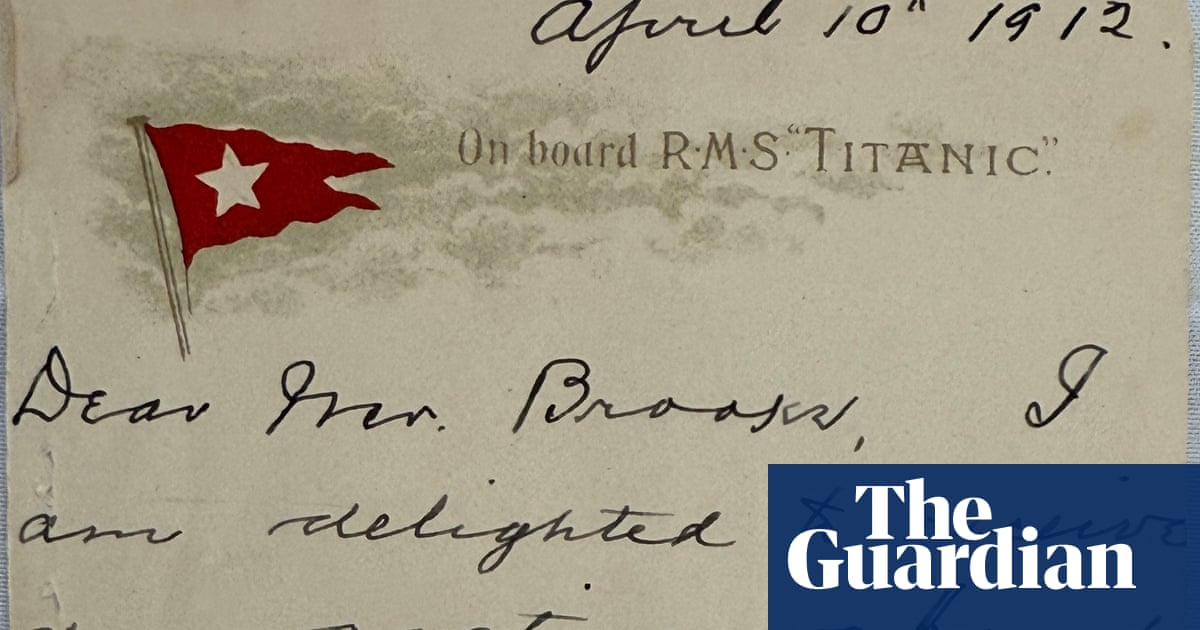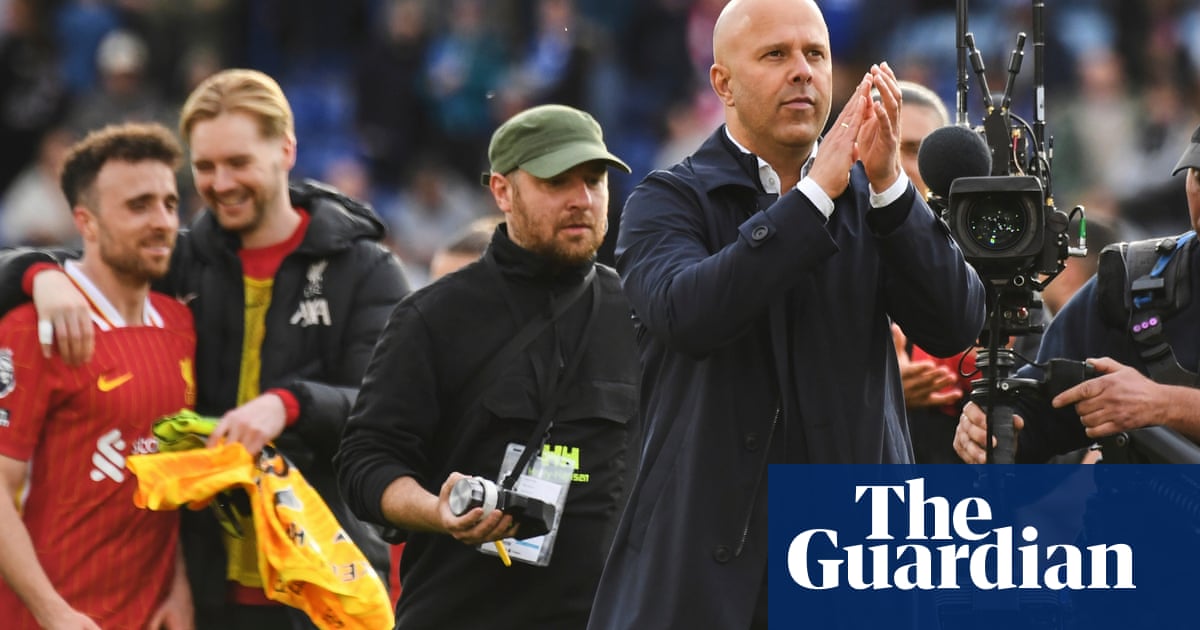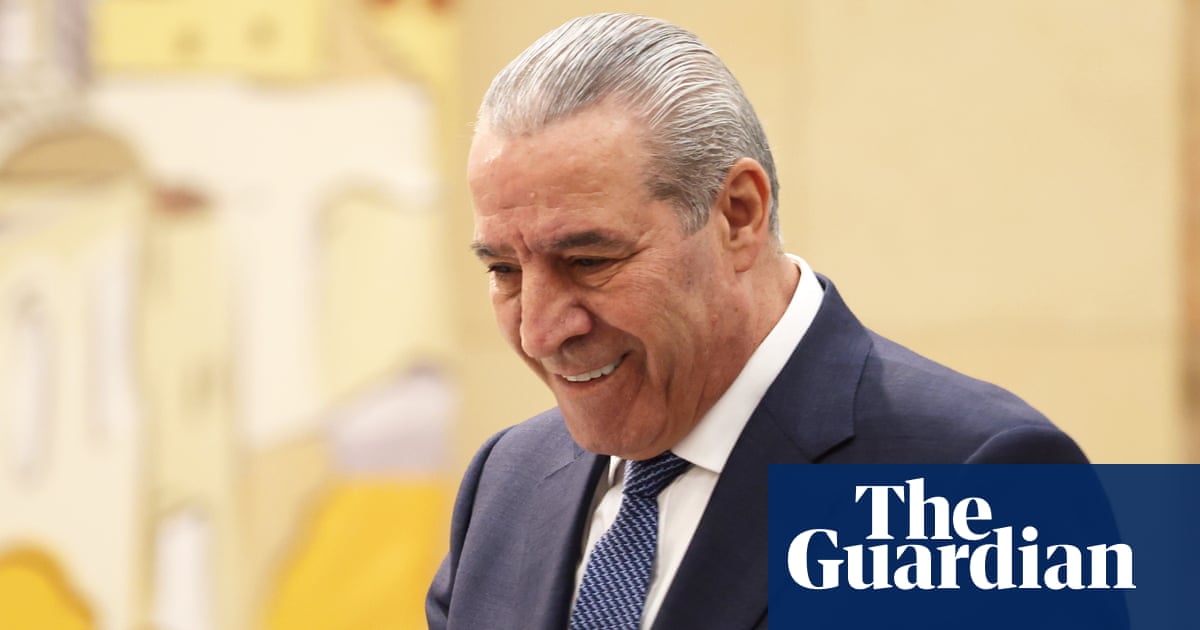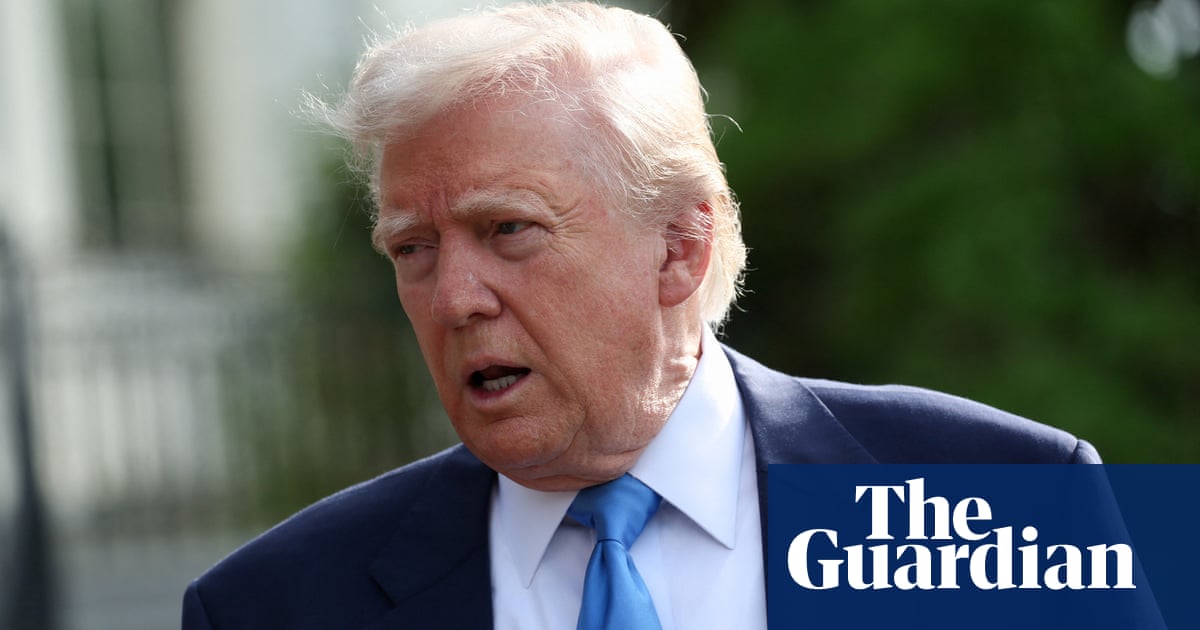The former prime minister Gordon Brown has made a new complaint to British police over allegations that Rupert Murdoch’s newspaper empire obstructed justice, after stating he has spoken to officers involved in the original phone-hacking inquiry.
Writing in the Guardian, Brown said one of the detectives had alleged they believed there was “significant evidence” that News Group Newspapers (NGN) deleted millions of emails to pervert the course of justice.
In the article, Brown states that the former officers told him that if they had been aware of the background to the email deletions, they would have pushed for further action.
Brown said one former officer told him: “If we had known this in 2011, we would have investigated fully and taken a different course of action including considering arrests.”
“Today I am making a criminal complaint to the Met (MPS) and CPS alleging that I am, along with many others, a victim of the obstruction of the course of justice by News Group,” he writes. “This is not an allegation made lightly. It is informed by recently available evidence, and by the statements of senior officers involved in the original investigations into unlawful news gathering, who have now stated to me that they were misled.”
NGN strenuously denies any allegations of evidence destruction. It said the Crown Prosecution Service concluded in 2015 that there was no evidence that company email deletions were carried out to pervert the course of justice.
In January, NGN apologised to Prince Harry for phone hacking by journalists at its Sunday tabloid, the News of the World, and the “serious intrusion by the Sun between 1996 and 2011 into his private life, including incidents of unlawful activities carried out by private investigators working for the Sun”.
The apology was part of an out-of-court settlement to end litigation brought against NGN by the prince and Tom Watson, a former Labour deputy leader.
Brown said the settlement had “not closed an era of investigation and litigation into media corruption. It has opened it up”.
Brown’s complaint to the Metropolitan police follows details of claims made by former detectives contained in a document filed with the high court in London.
Their statements were made in support of the long-running phone-hacking litigation pursued against NGN by Harry and Watson.

The skeleton legal arguments of both sides, reported by the Guardian, were not made public at the time and the claims have not been tested at trial because of the settlement.
No admissions were made about the allegation of illegal destruction of evidence, which NGN strongly denies. The company said it would have successfully fought the allegation if the case had gone to trial.
In his piece for the Guardian, Brown accuses Will Lewis, now chief executive of the Washington Post but then a senior NGN executive, of attempting to incriminate him and Watson.
He claims a false allegation against them was used to justify the deletion of emails to officers involved in Operation Weeting, the Met investigation launched in January 2011 to examine phone-hacking allegations.
His accusation relates to documents disclosed in high court civil actions last year, which included a minute taken by the Met police of a meeting detectives held with Lewis on 8 July 2011.
In the meeting, Lewis said the company had been told of a plot involving Brown and Watson to obtain the emails of Rebekah Brooks, the then chief executive of News International, through a third party. Lewis was the company’s general manager at the time.

Brown states that one of the investigating officers has now said to him that NGN “falsely implicated Gordon Brown. If I had known this I would have made arrests for obstruction of justice.”
NGN apologised to Watson over the idea of a plot as part of the settlement of his case, stating the company now understood “this information was false”.
However, the company has said they believed at the time that the threat was genuine and would have proved this at trial. NGN planned to cite a 2011 email from Brooks, not previously made public, expressing concern about the internal security of the company’s IT systems.
Lewis has previously strongly denied wrongdoing. He did not comment when approached by the Guardian.
In its skeleton defence, NGN strenuously rejected allegations of a cover-up. A spokesperson stated that there was a lack of contemporaneous evidence in support of the claimants’ case and that NGN had a strong a lineup of witnesses who could confirm its own position. They said the statements of two former officers with concerns were a “selective and partial consideration of the contemporaneous documents”.
NGN’s skeleton argument argued that the deletion of emails had “long been in the planning, for sound commercial, IT and practical reasons”, and that Harry and Watson’s claims in this area had drawn on “wholly unreasonable inferences from an incomplete account of the facts, many of which are taken entirely out of context”.
An NGN spokesperson said that when Operation Weeting was initiated, the company handed incriminating material to police, while officers were immediately made aware of “the steps NGN had taken in relation to its historic email archive as well as the actions it had taken to preserve relevant evidence”.

They said NGN worked alongside specialist IT police officers for months to reconstruct its electronic archives.
“The allegations of email deletion had formed part of the prosecution case in the criminal trial in 2013/14,” they said. “The investigation into News International concluded in 2015, almost 10 years ago, with a lengthy statement by the CPS deciding that no further action was to be taken in the light of there being no evidence to support an allegation of wrongdoing.”
Brown writes that the police should request a series of court documents submitted during years of litigation, including from former NGN employees and ex-police officers.
He also calls for prosecutors to step in – and for parliamentary committees to reopen their inquiries into the deletion of emails. He also asks the attorney general, Richard Hermer, to intervene.
A spokesperson for NGN said: “NGN once again strenuously denies that there was any plan to delete emails in order to conceal evidence from a police investigation.”
They said Brown was an “unreliable complainant driven by vendetta and revenge for perceived wrongs by NGN”. They said NGN figures working with police on company emails “acted throughout with the utmost integrity and at all times followed the protocol agreed with the MPS in order to provide access to and restore data”.
“Mr Brown’s concerns again provide an inaccurate summary of allegations dealt with in the civil proceedings, which have already been extensively investigated and litigated,” an NGN spokesperson said. “It is not uncommon for retired police officers to hold views about their failure to achieve a conviction or matters that have not gone their way in court … There are officers from the 2011 to 2015 investigations who, in possession of all the facts, would not agree.”
A Met spokesperson said: “While we acknowledge that information emerging from civil proceedings is of interest to the public and the press who may be seeing it for the first time, in the vast majority of cases it is material that has already been considered as part of the numerous investigations and reviews that have previously been carried out.
“We are aware that parties in this recent case indicated an intention to pass material to us but we are yet to receive any such correspondence. In the event that we do, we will consider it carefully and proportionally, recognising the need to explore genuine lines of inquiry but acknowledging the significant resources already committed to past investigations.”

 11 hours ago
8
11 hours ago
8
